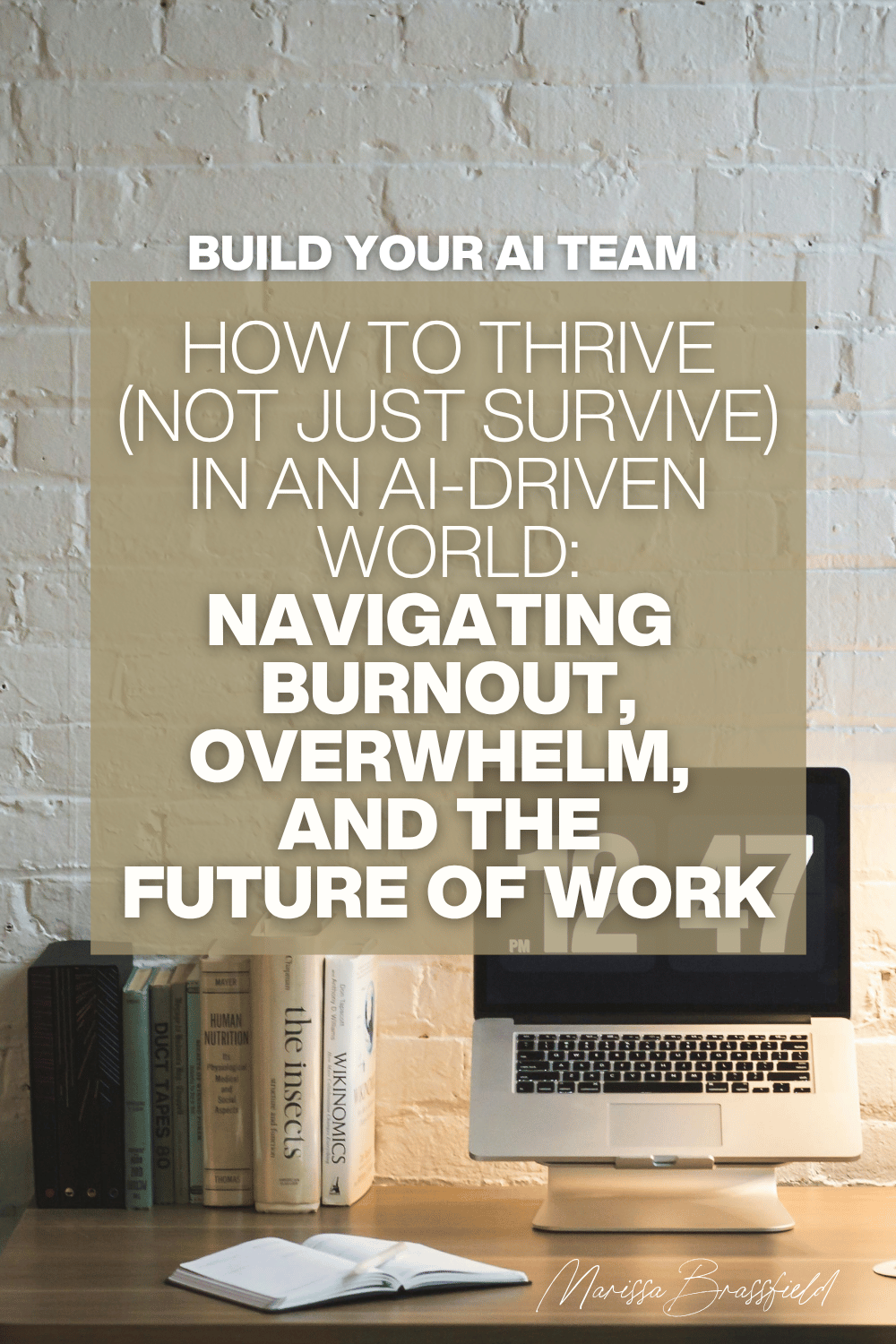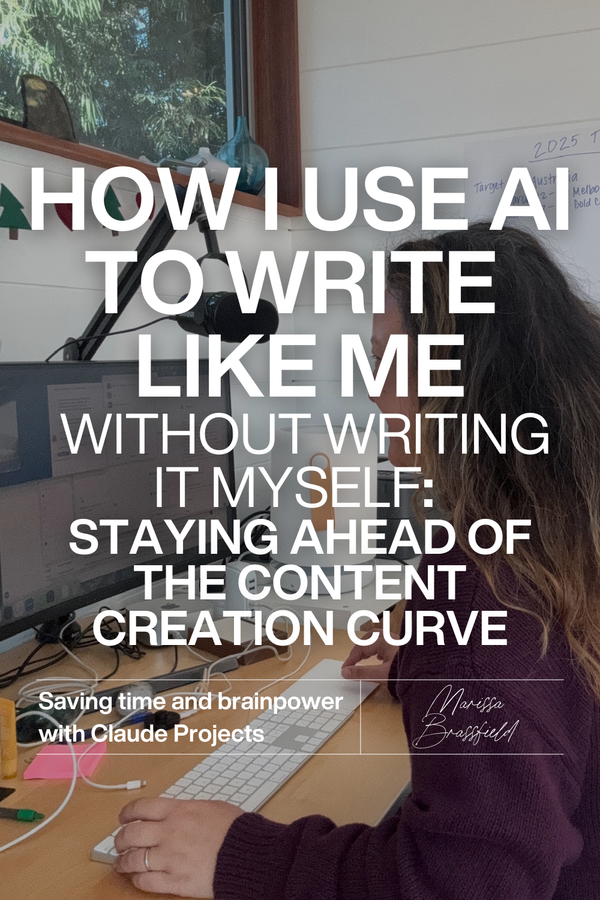Time to think is a luxury that many of us don't have. We've all heard the stories of people who had an idea while on the toilet, or in the shower. These stories are great, but they're not enough. You can't expect to be able to come up with something brilliant if you only take a few minutes here and there for yourself each day. You need dedicated time set aside to think about your work—and that means removing yourself from distractions as much as possible.
Unstructured time is critical to effective thinking.
- Unstructured time is critical to effective thinking. When you are focused on a single priority or problem, it's easy to get stuck in the weeds. However, unstructured time allows your mind to wander and consider new ideas that may be hidden from your conscious awareness.
- Don't let digital tools distract you from unstructured thinking time. Electronic devices are excellent at providing information when we need it, but they can also become distractions if we don't protect our unstructured thinking time.
- If you get stuck while doing deep work of any kind (not just creative work), try asking questions instead of answering them right away—that often opens up new avenues for exploration and discovery that might not have been apparent before asking the question!
Designate a time and place for thinking.
Starting to think about the things you want to accomplish is great. But if you don’t protect those thoughts, they will get lost in the shuffle of everyday life.
To make sure your thinking time is protected and productive, designate a specific time and place for it each day. You might decide that from 10:00-11:30 am on Monday mornings you will be thinking about your ideas; or that from 3:00-4:00 pm on Fridays you are going to spend 30 minutes reflecting on what went well during the week and what can be improved next week.
The ideal amount of time depends on how much reflection feels right for you. Some people need just five minutes while others need an hour or more—the key is fitting this into your schedule without disrupting other priorities so you end up not having enough time for other things such as exercise or family commitments
Create an environment conducive to thinking.
To create the best environment for thinking, first you must remove any visual and audible distractions. Turn your phone off or put it on Do Not Disturb, and close all windows that allow noise from outside to enter. Then, make sure you have privacy by closing the door to your home office if there's a chance someone might walk in while you're working. Finally, ensure that when sitting at your desk (or wherever else it is that you'll be doing thinking), there are no uncomfortable chairs or objects in your way. If possible, invest in an ergonomic desk chair with adjustable height and back support so that even after hours working at the keyboard won't result in pain or discomfort.
Get away from technology.
With the pressure to be constantly working and producing, it can be tempting to use technology as a way to procrastinate decisionmaking. But in reality, this is just a distraction from your work.
Technology also hijacks your attention and squanders your focus. When you're constantly checking or scrolling through social media sites such as Facebook or Twitter (or even Instagram), it pulls you out of what you are doing and makes it much harder for you to concentrate on the task at hand.
When we spend too much time with our technology devices like smartphones, tablets, laptops and desktops—especially when they are within arm’s reach—we have less time available for deep thinking. Deep thinking is one of the most important things we need in order to make good decisions that will help us achieve success in life (and especially business).
Think about questions, not answers.
Let's say you have a question in mind. You're excited to think through the answer, but you've got to get it out of your head and onto paper. The problem with this is that writing down an answer doesn't help you think—it only gives you a document for later! Instead, try these steps:
- Put the question aside for a few hours or days if possible (this won't work if your deadline is tomorrow).
- Write down everything that comes to mind about the question in its current form—and don't worry about making sense at first! It's okay if some of what comes up doesn't fit into your conclusion; just let it flow out of your brain onto the page so that nothing gets lost along the way.
- Read through what you wrote and make sure all relevant information has been included. If there are any gaps or inconsistencies, add them now so they don't get forgotten later on when it really matters (like during an interview or presentation).
You will find that time spent on things that force you to think clearly and deeply will have a long-term impact on your work and life.
The more time you spend on things that force you to think clearly and deeply, the more valuable your work will be.
When it comes to your life, this is even more important. You cannot outsource certain types of thinking and strategy. Time spent on these activities will pay off in the long run, no matter what field you're in or what stage of your career you're at.
Conclusion
In summary, we’d recommend that you keep in mind the following points:
Think deeply. Give yourself a clear question and spend time on it without distractions or interruptions. If you start to feel like nothing is coming up, don’t worry—keep going until something emerges. Don’t worry if it doesn’t seem like enough or if it doesn’t look like what you were expecting. Trust that the answer will come to you when it needs to and in its own way.
Approach your work with curiosity rather than answers (or assumptions). This will allow ideas and solutions emerge naturally instead of forcing them into an existing framework at all costs. This approach also means being open-minded about what sorts of solutions may exist—even if they aren't immediately obvious and might go against conventional wisdom!










Member discussion